Plate Partners
Check ceremonies with our past Plate Partners. Click on the slide to learn more about each organization.
About Our Plate Partner Program
We acknowledge, as Americans, that the land, country and society bequeathed to us is on one hand the product of conquest and exploitation and on the other “conceived in liberty and dedicated to the proposition that all are created equal”.
Justice is at the core of our faith and we are called on to make a positive difference in our wider community as we work to build a diverse, multicultural Beloved Community free of racism and oppression in our society, government and ourselves.
As Unitarian Universalist, we believe that each of us has worth and dignity and that worth includes our gender and sexuality; that women have a right to bodily autonomy; that every American has the right to vote and a right to health care and a sustainable way of life. We believe in the right of people to seek and to be granted asylum from persecution. We believe in and support the sovereignty of indigenous communities.
To these ends, we are eager to find and support movements and organizations that align with our mission, community needs, and the justice work of the UUA and ourselves. Such organizations may become a Plate Partner for one month during the year. During that month, we invite the Plate Partner to share their work and mission and we collect a portion of that month’s offering to share with the Plate Partner.
Nominating a Plate Partner
The Social Justice Council looks to the members and friends of our congregation to nominate organizations to be Plate Partners. Please visit the Plate Partner Nomination page.
2022-2023 Plate Partners & Spiritual Themes
Regarding Spiritual Themes, from Soul Matters: “ In past years, we focused on how our faith calls us to be spiritual people, using the frame of “What does it mean to be a people of _____?” to guide us. This year we shift from our relationship with our faith in general to our relationship with our times. So our themes get at some of the central work and spiritual practices needed during this period of radical change, challenge, crisis and opportunity.”

September 2022
Belonging | Interfaith Sanctuary
The Root of Interfaith Sanctuary’s New Story
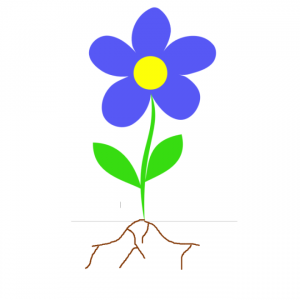
Interfaith Sanctuary Shelter’s story has changed quite a bit in the last couple of years. Our shelter began with a simple goal of giving our most vulnerable homeless population a safe place to sleep and a warm meal 7 nights a week. In the past couple of years we have made a deeper commitment to our guests. We continue to provide them with a safe place to sleep and a warm meal nightly but we have also brought an amazing team of case managers into the mix to help bring these guests hope and second chances We are making so much progress because this dedicated team shows up each day prepared to do battle on behalf of our guests. They leave no stone unturned to find solutions to the problems that have been holding our guests back, and they walk alongside them until they have their feet firmly rooted back on the ground. Self- sufficiency for each of our guests is our ultimate goal, but, just like with a new plant, it takes lots of water in the beginning to establish its roots and then, with some patience and support, it can continue to grow and blossom on its own.

October 2022
Courage | Planned Parenthood
Planned Parenthood is a trusted health care provider, an informed educator, a passionate advocate, and a global partner helping similar organizations around the world. Planned Parenthood delivers vital reproductive health care, sex education, and information to millions of people worldwide.

November 2022
Change | Wassmuth Center for Human Rights
Welcome progress has been made since the late Bill Wassmuth first stood up to bigotry and hatred in northern Idaho.
But the need for human rights education grows with every new generation of Idaho children.
Today’s headlines only remind us there’s much more to be done.

December 2022
Wonder | Learning Lab
What We Do
We provide literacy education, including reading, writing, math, and English curriculum.
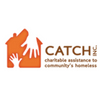
January 2023
Finding Our Center | CATCH
We realize our vision of ending homelessness for families by inspiring stable housing, financial independence, and resilience. Founded in 2006, CATCH is a leader and innovator in housing our most vulnerable neighbors in Idaho’s Treasure Valley. We collaborate with community partners and use proven, intentional methods like Housing First (learn more about Housing First here), because every family and every person deserves a home.
As you explore our mission, we hope you leave with one thought: ending homelessness is possible. Housing First is the solution.
February 2023
Love| Shoshone-Paiute Tribes of the Duck Valley Indian Reservation

The Shoshone-Paiute Tribes of Duck Valley are governed by the Business Council. The Business Council is composed of a Chairman, Vice-Chairman and five Council Members, all of whom are elected to serve three-year terms. The Business Council directs the Tribal government. The Chairman manages the operations of Tribal government. There are four divisions of tribal administration: Health & Human Services, Judicial Services, Tribal Programs, and Support Services.
Farming and Ranching are still mainstays for Duck Valley and is reflected in the 12,000 acres of subjugated lands. The Duck Valley Reservation is composed of 289,819 acres held in trust by the United States Government for the use and occupancy of the Shoshone-Paiute Tribes. Included in the total acreage of the Reservation is 22,231 acres of Wetlands. Wildhorse Reservoir was constructed in 1936 for the Duck Valley Irrigation Project. Tribal membership is over 2,000 with approximately 1,700 living on the reservation. The Shoshone-Paiute Tribes of Duck Valley continue to exist within the original territories of their ancestors.

March 2023
Vulnerability | Boise Period Project
We gather menstrual products to create period packs for those experiencing period poverty in Boise. We distribute and connect directly to the community and homeless shelters. We also aim to end the stigmas that surround both periods and poverty.

April 2023
Resistance| Citizen’s Climate Lobby – Boise
A nonpartisan, grassroots advocacy organization focused on national policies to address climate change. Working to generate the political will necessary for passage of the Energy Innovation and Carbon Dividend Act through volunteer training and support in advocacy; building relationships with elected officials, the media, and our local community.

May 2023
Creativity | Boise/Mészkӧ Scholarship Fund
Since January 2012, thanks to the generosity of members and friends of our fellowship, we have been able to fund scholarships for roughly half the tuition and expenses to help the youth of our partner congregation in Mészkő, Romania
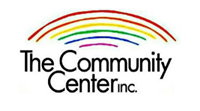
June 2022
Delight | The Community Center
Founded in December 1983, The Community Center is devoted to the lesbian, gay, bisexual, transgender (LGBT) and allied population. The Community Center (TCC) is committed to uniting the LGBT community through educational and developmental programs by providing resources to the LGBT community. The Community Center (TCC) provides a safe and welcoming location for group meetings and social activities for youth groups, LBGT support groups, women’s and transgender groups. (TCC is a non-profit 501(C) 3 organization.)
We are located at 1088 N Orchard St, Boise ID 83705
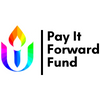
July 2023
No Theme | Pay-It-Forward-Fund
The Rev. Elizabeth Greene Pay it Forward Fund (PIFF) was created approximately fourteen years ago to address a need among our own BUUF community for short-term emergency financial assistance. PIFF is the recipient of the social justice outreach plate offerings each year and is available to support BUUF members and friends through the generosity of those who donate. Over the years, funds have helped members and friends stay in their homes, pay for groceries, utilities, medical expenses, and other basic needs of living.
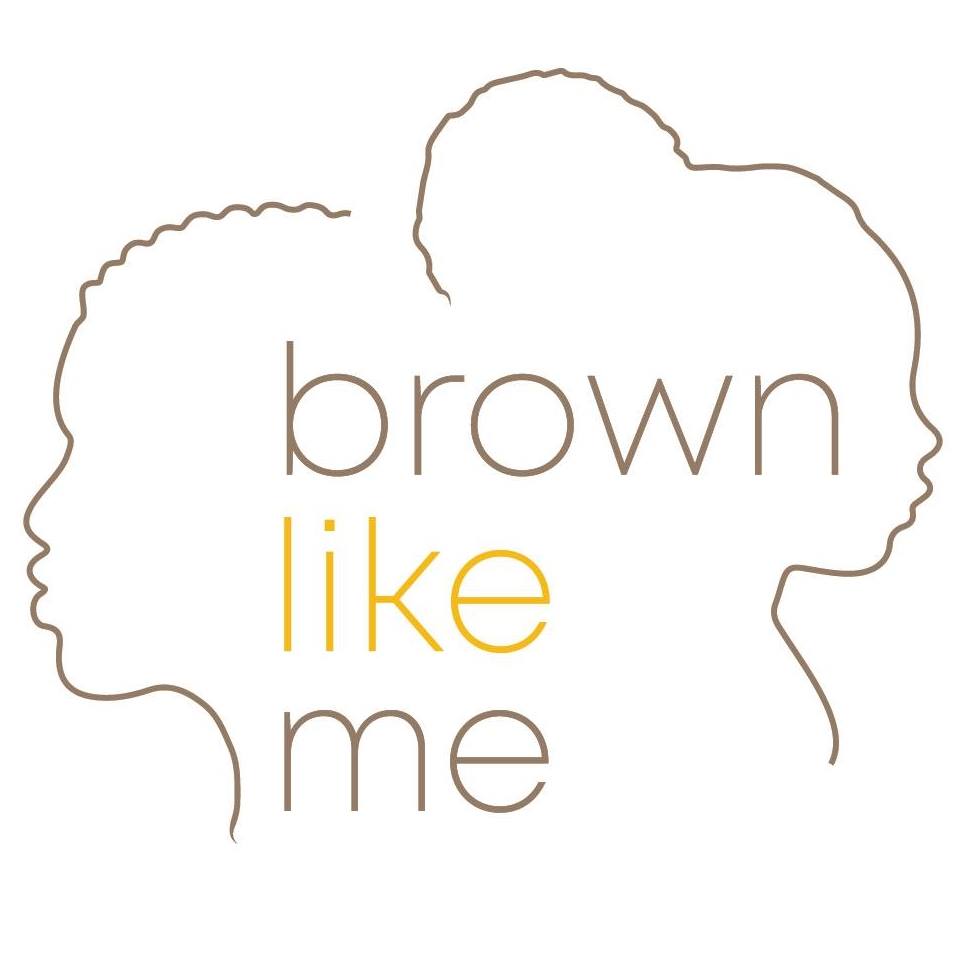
August 2023
No Theme | Brown Like Me
Brown Like Me provides mentoring, mirroring, cultural enrichment, and educational and social activities for Black youth in the Treasure Valley.
